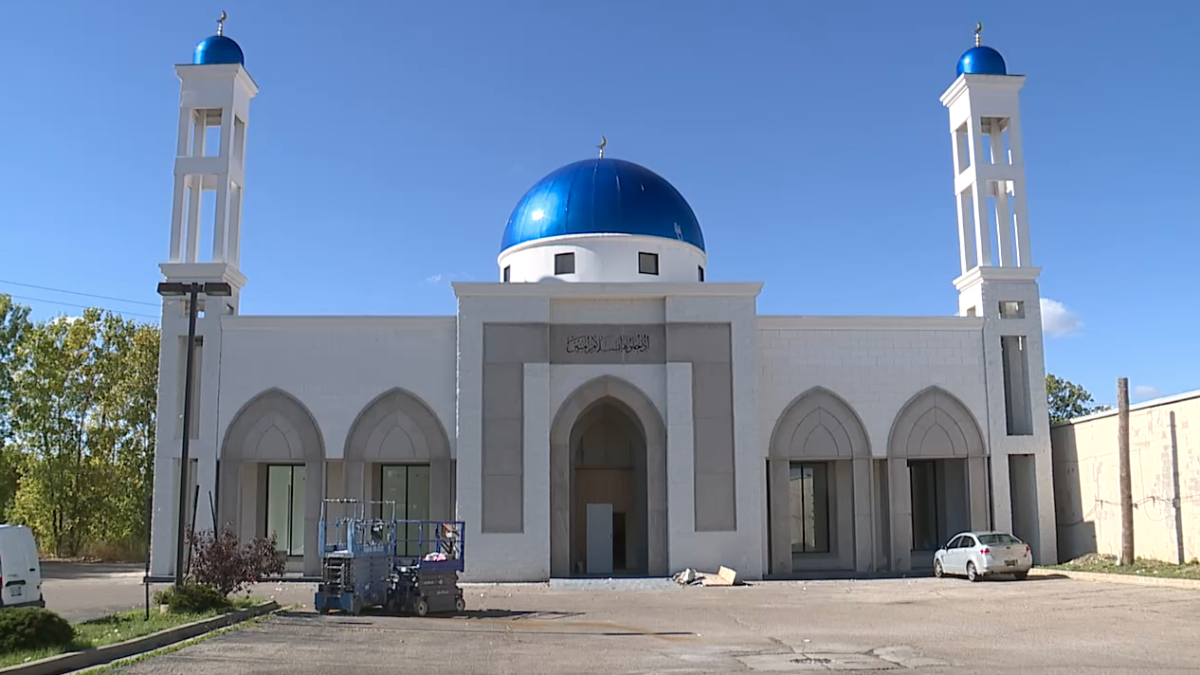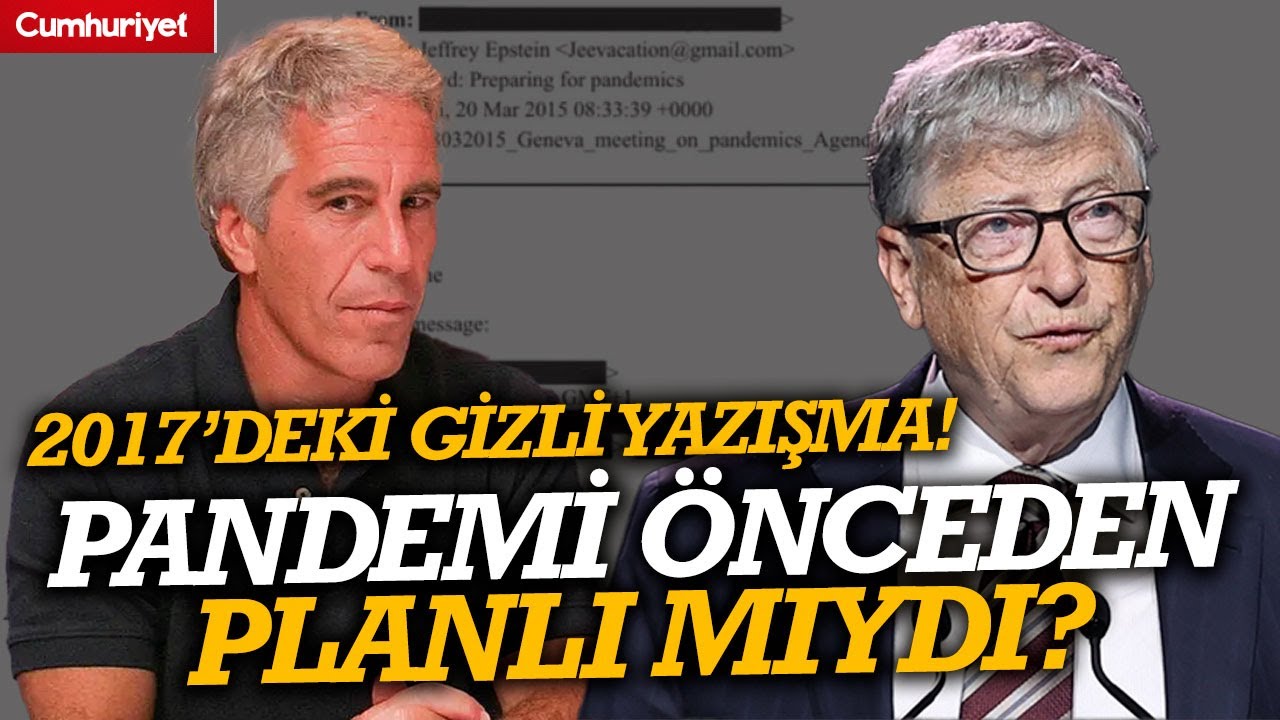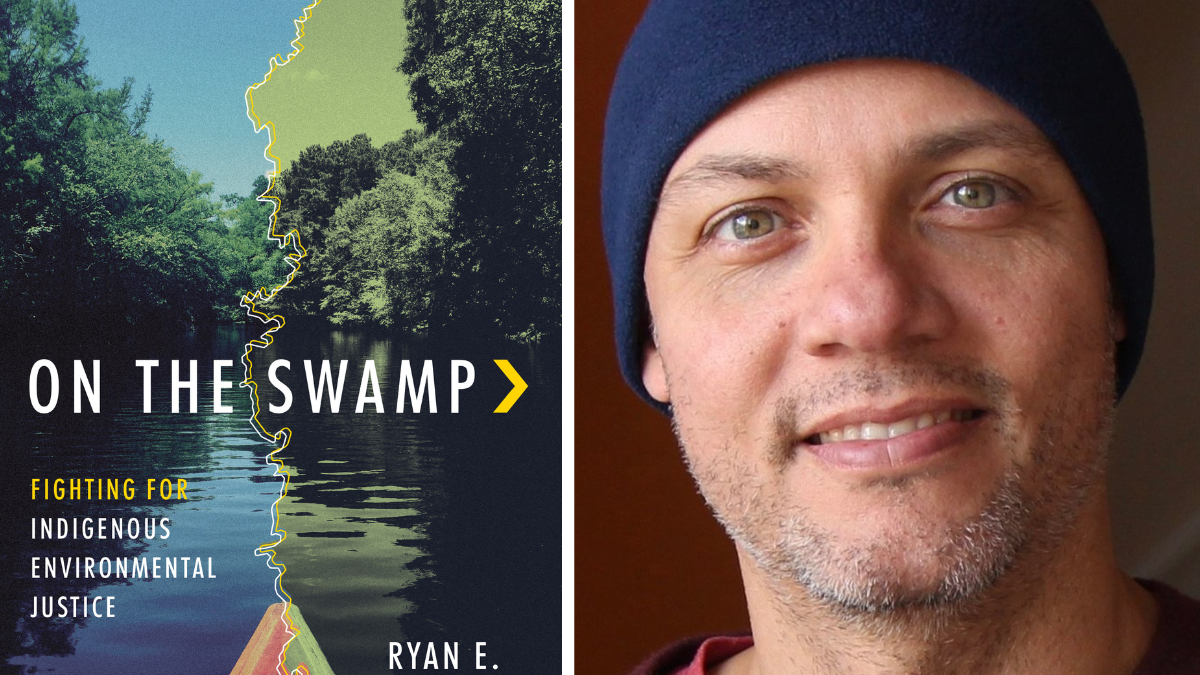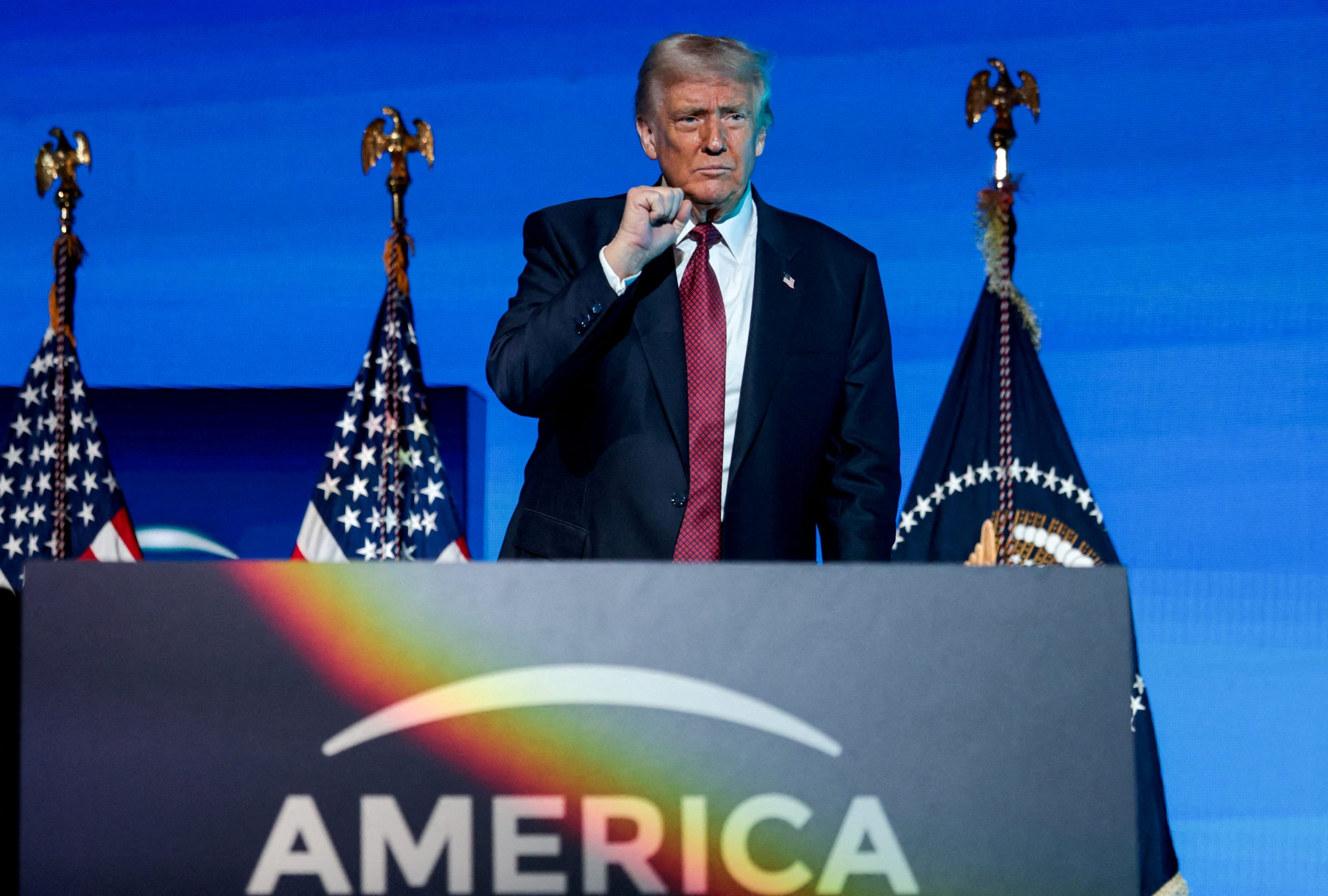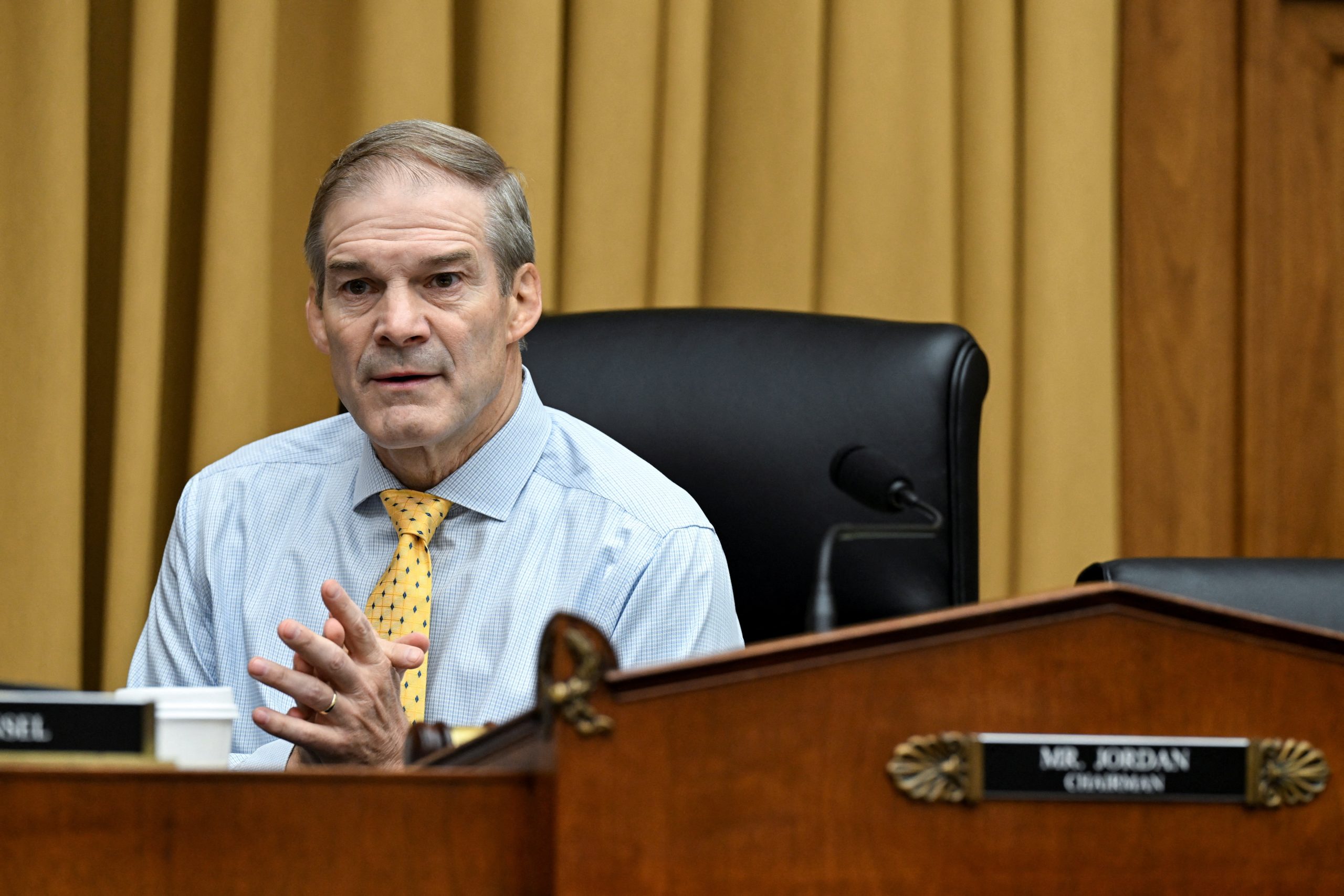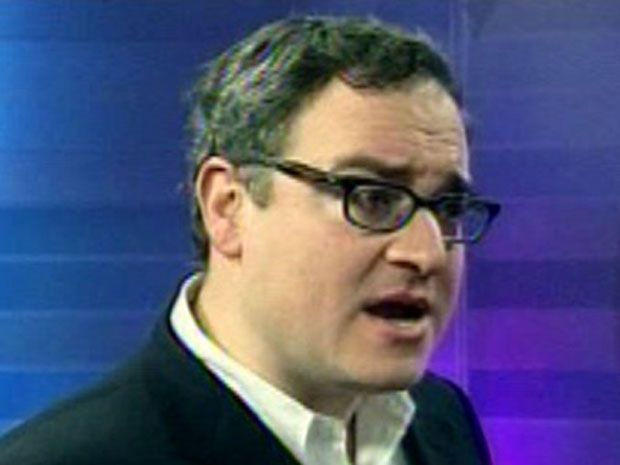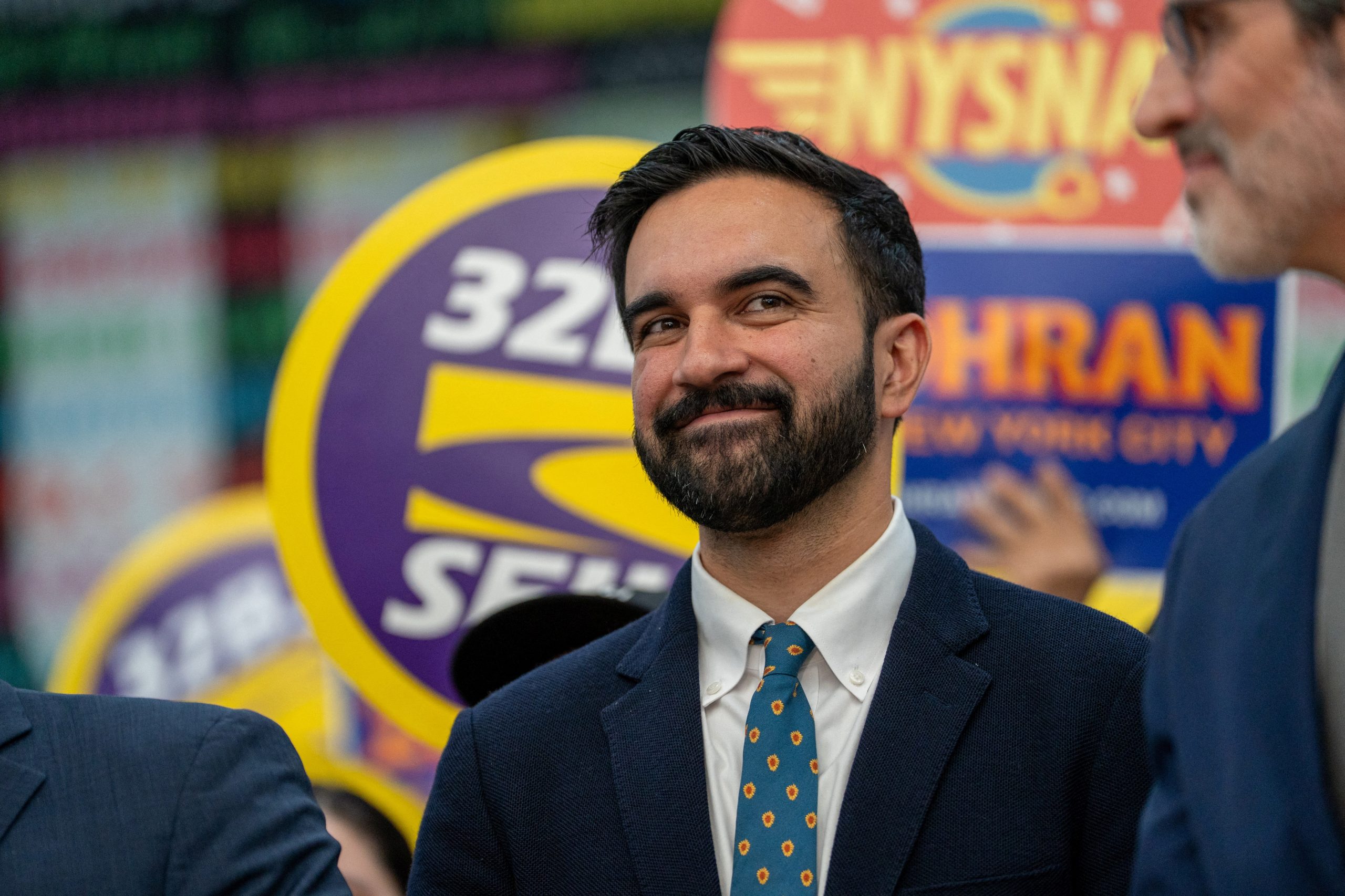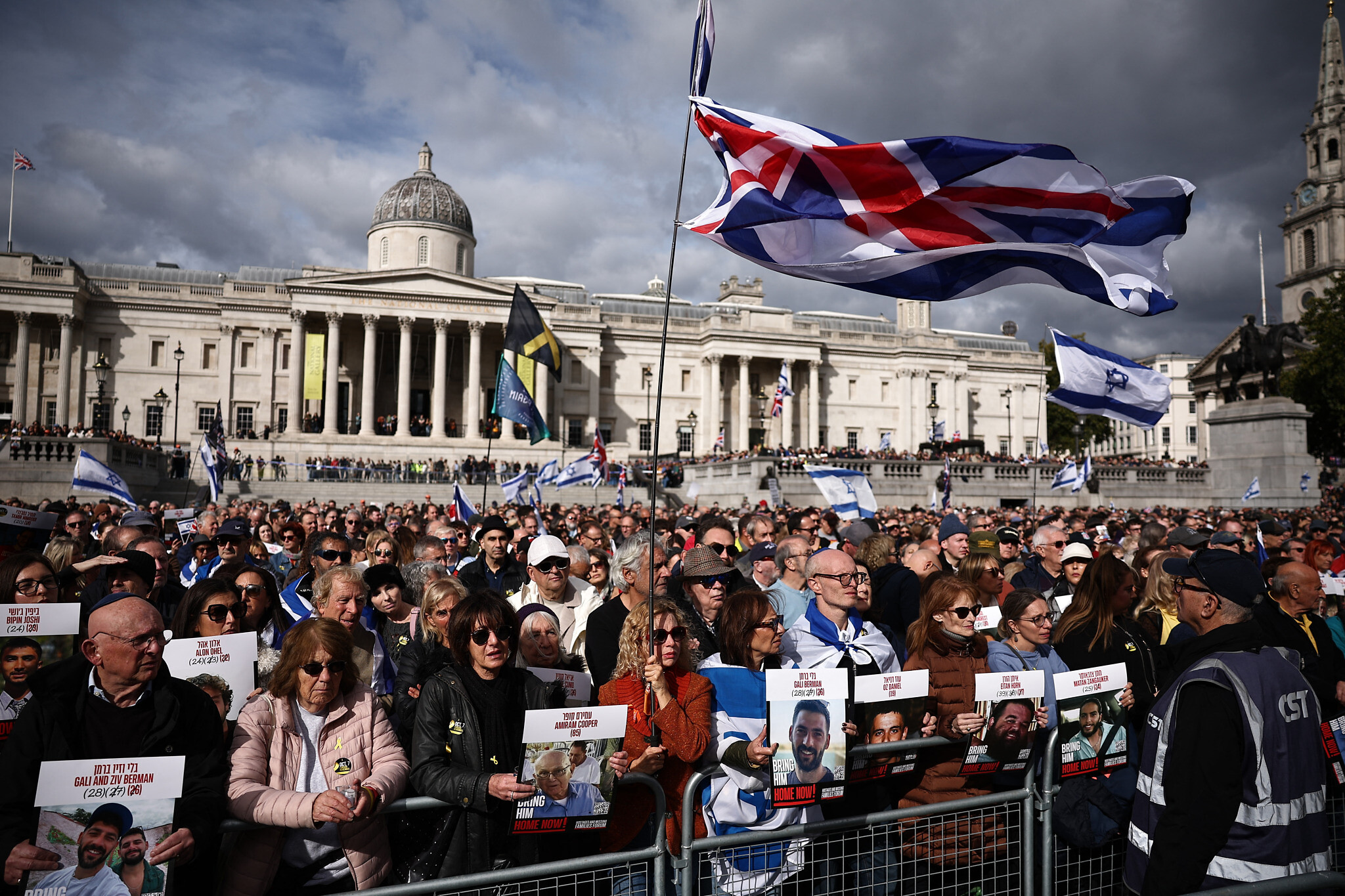DAVID MENZIES | OCTOBER 23, 2025 | NEWS ANALYSIS
Residents of Dearborn, Michigan, have raised repeated complaints about mosque call-to-prayer broadcasts occurring as early as 5:30 a.m. and exceeding 60 decibels, violating the city’s noise ordinance. The city, which has a majority Muslim population, faces growing tension over enforcement of regulations governing sound levels during nighttime and daytime hours.
According to Dearborn’s bylaws, 55 decibels are considered intermittent noise for residential areas between 10 p.m. and 7 a.m., while 60 decibels apply during the day (7 a.m. to 10 p.m.). The ordinance also prohibits loudspeaker use between 10 p.m. and 7 a.m. Residents, however, claim mosques are repeatedly flouting these rules.
Andrea Unger, a long-time Dearborn resident, described the call-to-prayer broadcasts from the Islamic Institute of Knowledge as “unreasonably loud” and audible inside her home at dawn. She noted the noise has persisted for two years despite complaints to local authorities. At a September city council meeting, Unger presented a petition signed by 40 neighbors demanding enforcement of the noise ordinance, which prohibits “unreasonably loud, disturbing… noise” that endangers residents’ well-being.
Pastor Ted Barham also raised concerns about the issue, alongside criticism of plans to rename city street signs honoring an Islamic leader. His remarks provoked a harsh response from Mayor Abdullah Hammoud, who labeled Barham a “racist,” “bigot,” and “Islamophobe,” and warned he would be “not welcome” in Dearborn. The mayor also threatened to “launch a parade” if Barham left the city.
Residents argue that the lack of enforcement reflects a pattern of leniency toward certain groups, undermining equal application of local laws. Critics describe the situation as an example of Islamic exceptionalism, where religious practices are prioritized over civic regulations.
The city has not publicly addressed the controversy, leaving tensions unresolved amid ongoing disputes over noise standards and cultural integration.
